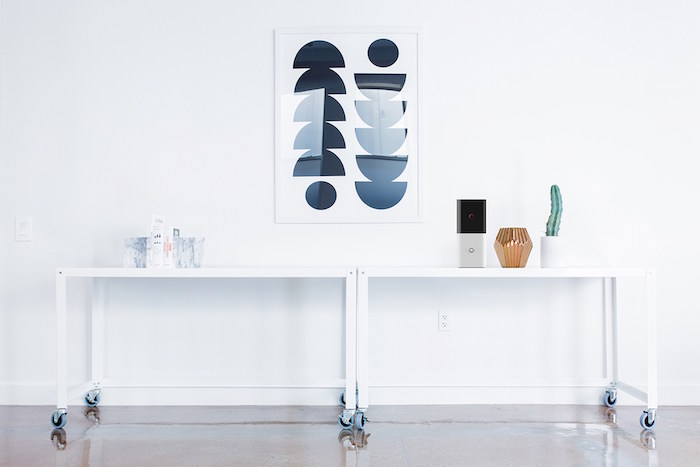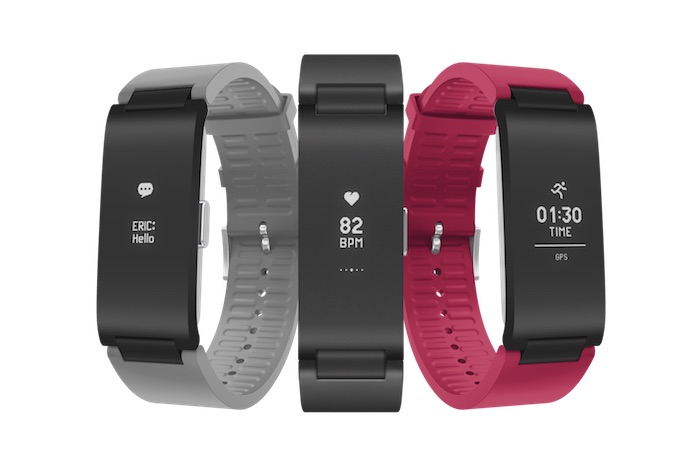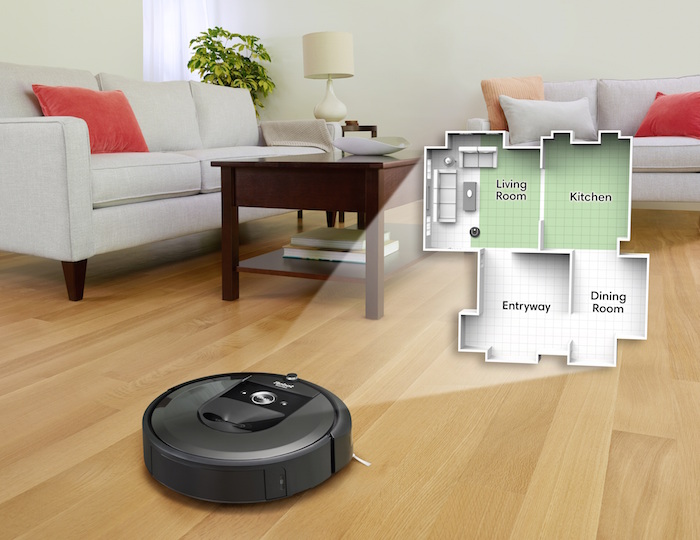This week on the show, Kevin and I talk about Lowe’s putting the Iris smart home system on the block, Apple buying Silk Labs and why now is a perfect time to pull the trigger on the smart home device you’ve been eyeing. We then dug deep on a swath of Alexa-related news such as the ability to bring Bluetooth devices to the Alexa ecosystem, Anki’s Vector robot getting Alexa integration and the new Alexa Wake-on LAN commands. Google also has some new features to discuss such as an ability to replace Siri on an iOS and a new developer board with microcontrollers linked to Google’s cloud. We also teased our gift guide coming out on Friday in the Stacey on IoT newsletter and shared the new Abode security device plus a new Google Assistant Smart Display from LG. In this week’s voicemail, we advise a dad about what smart home gear he should buy his two daughters for their first apartments.

November is National Diabetes Month, and so I brought on Mike Nelson who is the head of IoT security at DigiCert, but for the show purposes, is a father whose 4-year-old daughter has diabetes. He does too. Nelson talks about how connected devices have changed the way he manages his illness and what it means for him as a parent. He also shows how insecure devices, especially medical devices, can become deeply concerning for patients and parents. It’s a good interview that will bring home the need for better security.
Hosts: Stacey Higginbotham and Kevin Tofel
Guest: Mike Nelson of DigiCert
Sponsor: Bitdefender and Cognizant
- What went wrong with Lowe’s Iris
- Why Apple bought a smart home hub company
- Alexa and Google add new IoT talents
- How IoT changed the world of diabetes care
- Why security really, really matter for medical devices
Podcast: Play in new window | Download | Embed
Subscribe: RSS



